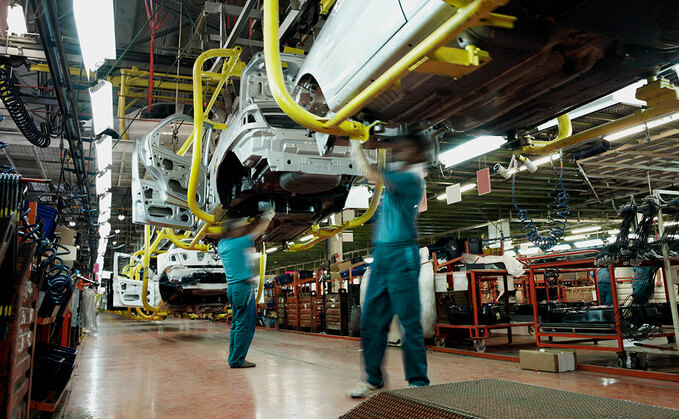
Scope 1 and 2 emissions alone are not sufficient when assessing companies’ carbon trajectories, says Thomas Hohne-Sparborth
Today, many investors are unfortunately still looking at what are called scope 1 and 2 emissions: direct emissions that come out of the factory's own plant and operations and the power it sources from its suppliers. But that only tells us part of the picture.
"Take the automotive industry," explains Thomas Hohne-Sparborth, head of sustainability research at Lombard Odier Investment Managers. "If you just look at the Scope 1 and 2 emissions of a car manufacturer, you're simply measuring the emissions that its manufacturing plant produces and the energy it consumes directly from suppliers; you're not looking at whether the vehicles it produces are diesel, petrol, hybrids or electric vehicles.
"That means you won't capture the difference between a Tesla and a Ferrari, for instance."
Scope 3 emissions, by contrast, cover downstream activities such as the emissions of goods and services after they are sold, as well as upstream activities which are generated indirectly by the producer company, such as business travel and commuting, transportation and investments.
"While most people acknowledge that scope 3 emissions are useful to look at that, you often get questions about data availability and issues around double counting," says Hohne-Sparborth. "But we believe that in many cases that's a bit of an excuse for investors to not look at it.
"In fact, data quality has improved significantly, and once you understand how these emissions are calculated, there are quite credible ways of assessing them yourselves."
For more on Lombard Odier's approach to the decarbonisation challenge, read our exclusive guide
Any reference to a specific company or security does not constitute a recommendation to buy, sell, hold or directly invest in the company or securities. It should not be assumed that the recommendations made in the future will be profitable or will equal the performance of the securities discussed in this document.





